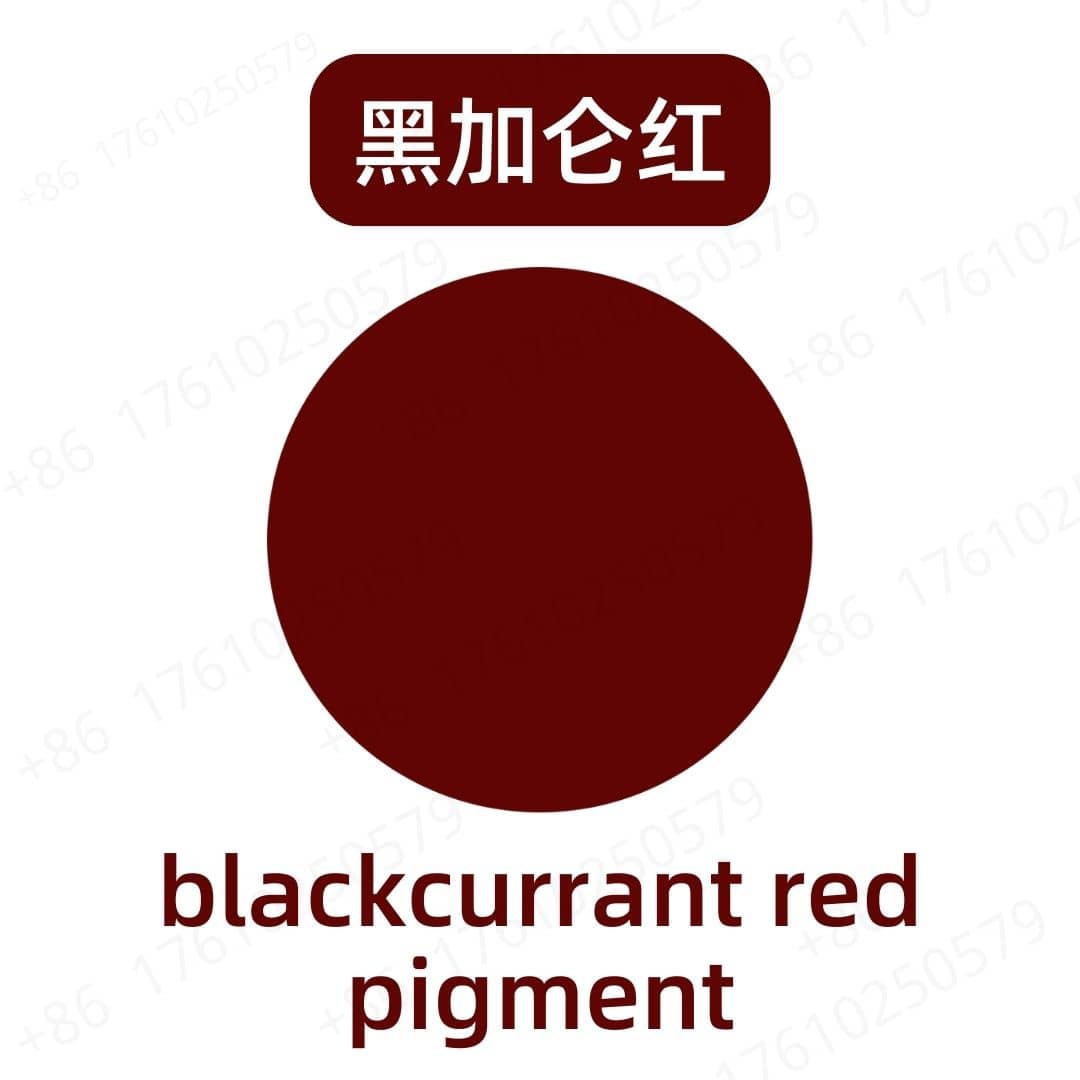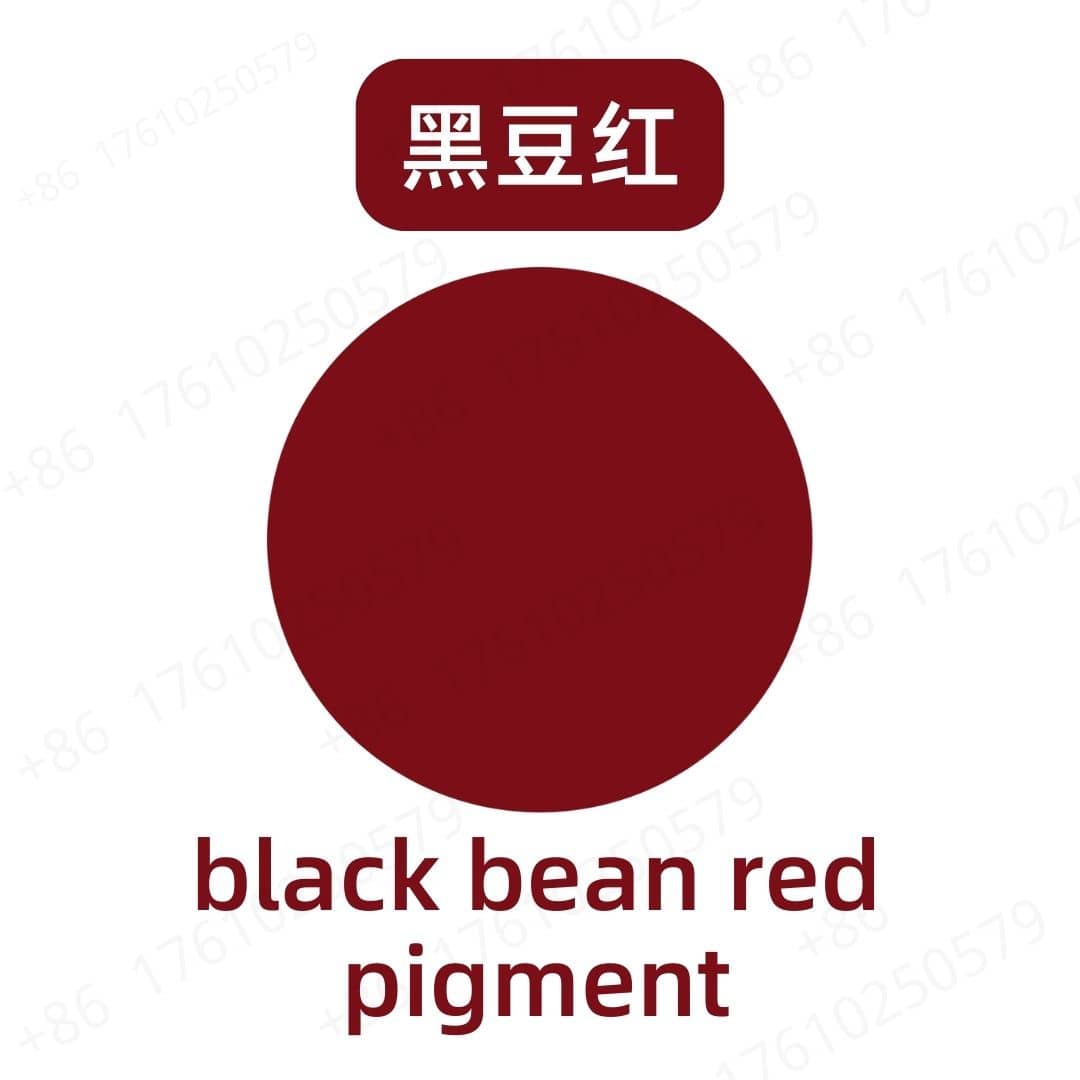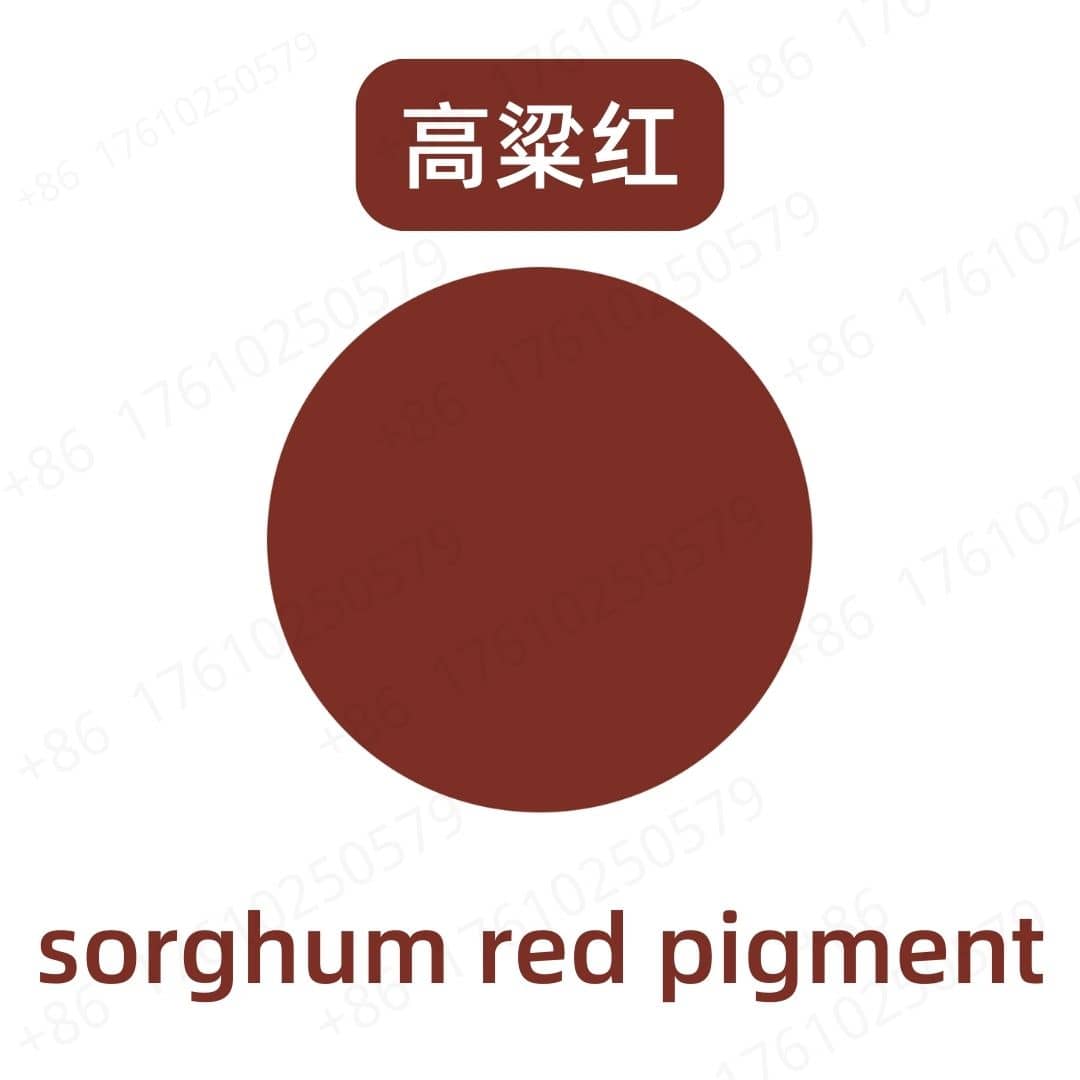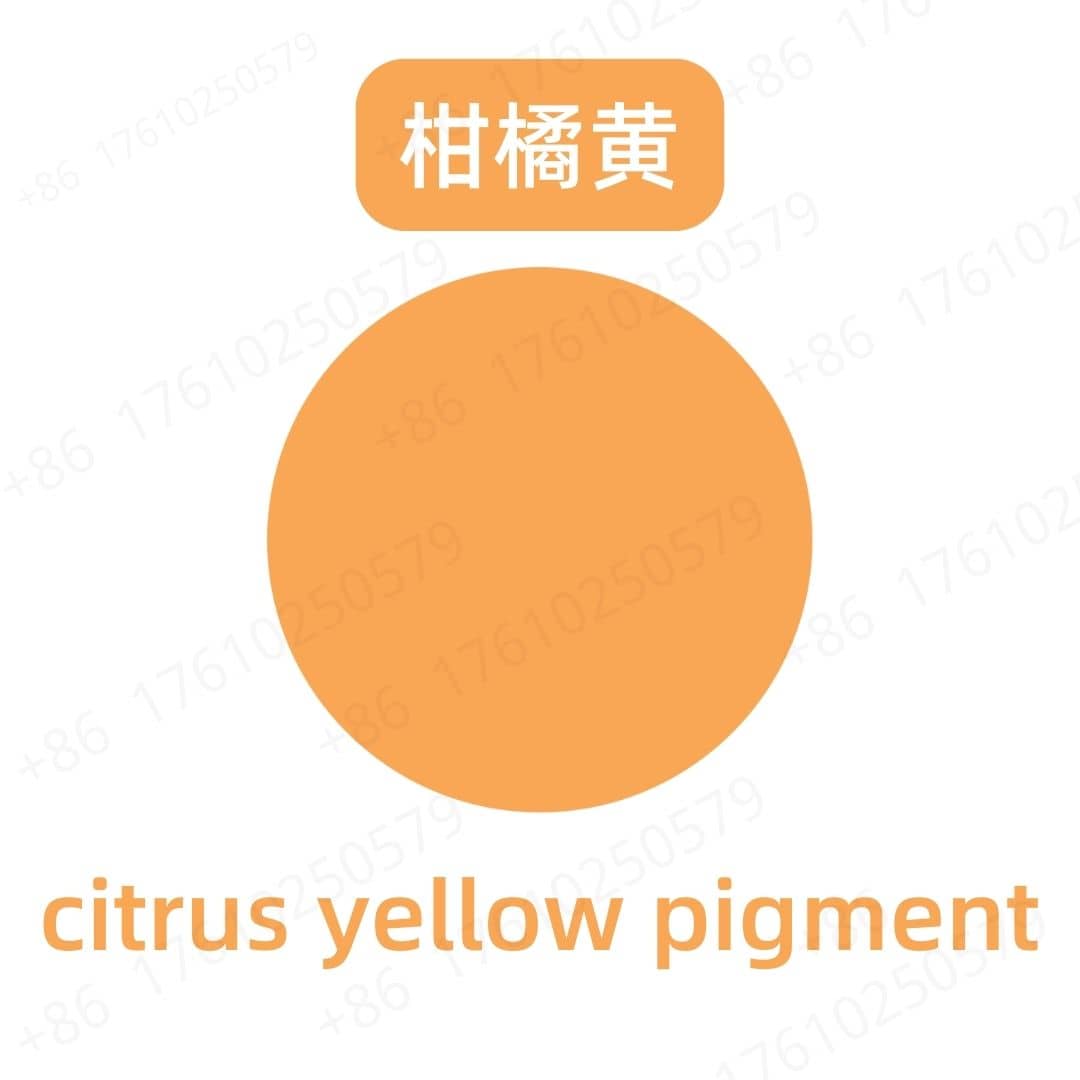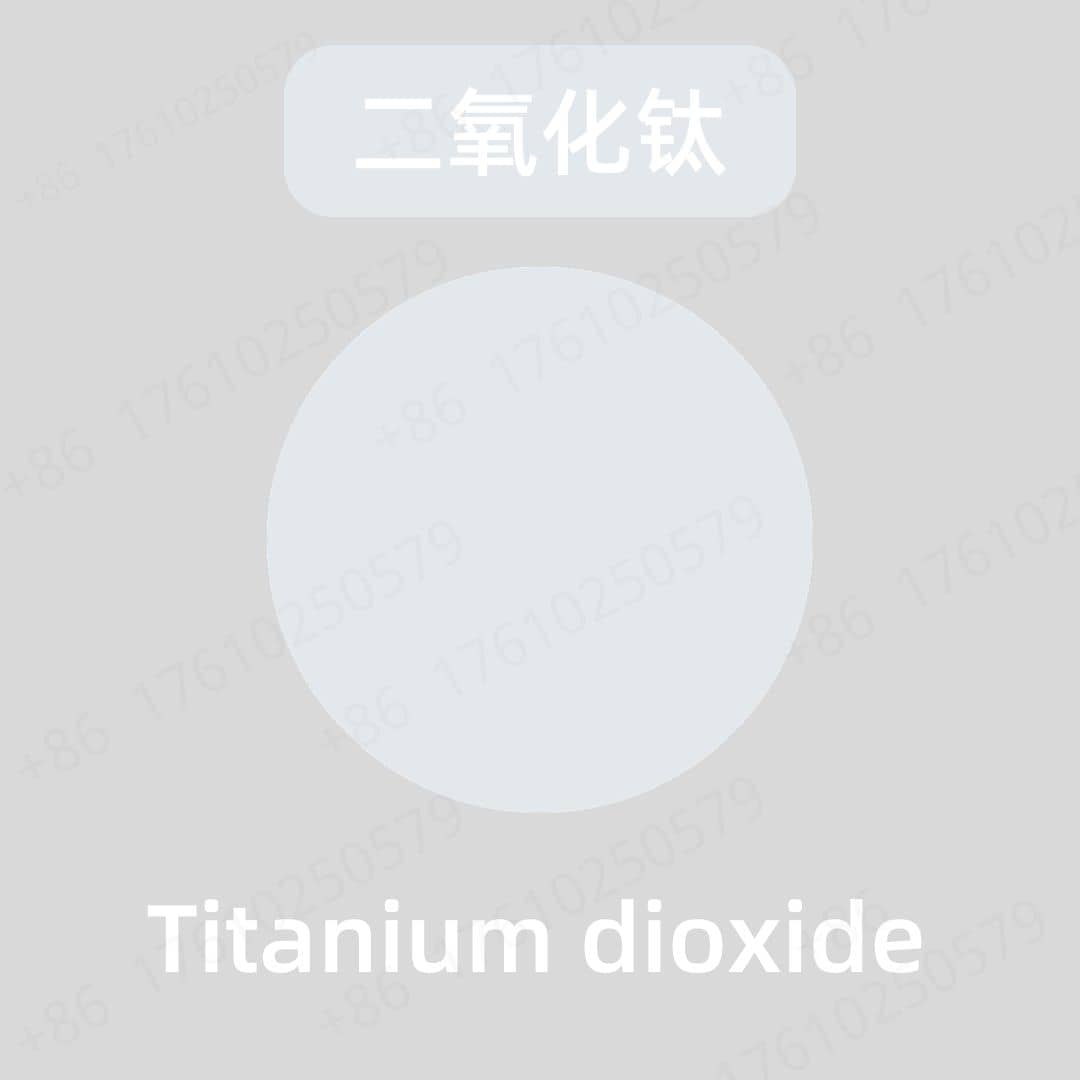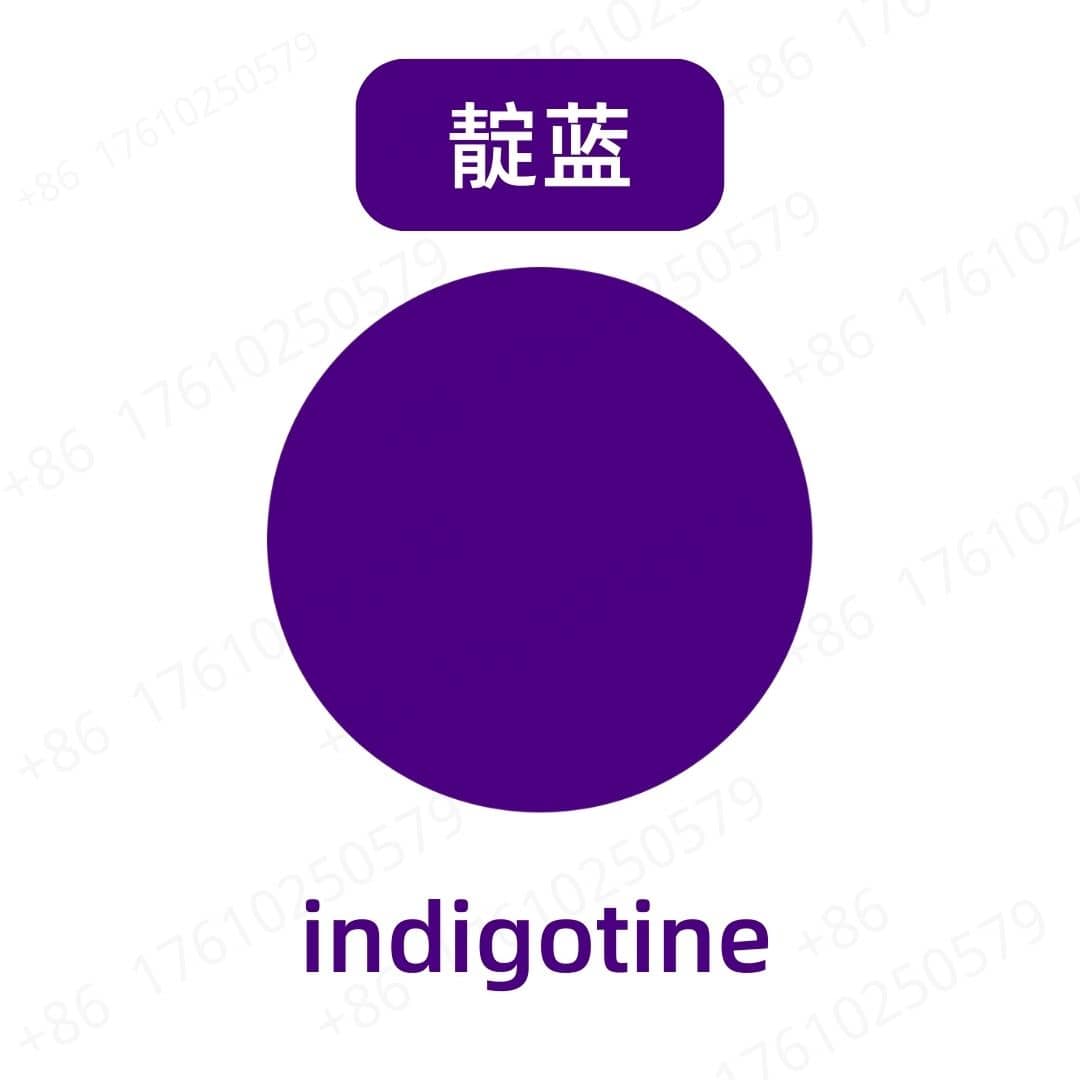Product Introduction
Vegetable carbon black pigment is a natural colorant derived from the carbonization of vegetable matter. This black pigment is commonly used for its intense shade and is widely accepted in various industries. It is known for being a more environmentally friendly alternative to synthetic black pigments.
Production Process
The production of vegetable carbon black pigment involves the pyrolysis of organic plants or vegetables. In this process, the plant material is heated in the absence of oxygen, which converts it into carbon. The resulting carbon is then processed into a fine powder, ensuring it meets the required purity and quality standards for various applications.
Application Scenarios
Vegetable carbon black pigment finds use in diverse scenarios including food production, where it acts as a coloring agent for baked goods, confections, and beverages. Additionally, it is utilized in cosmetics for items like eyeliners and mascaras, offering a deep black shade. In the pharmaceutical industry, it may be integrated into tablets and capsules for coloration. The pigment is also used in coatings and inks for its pigmenting properties.
Packaging and Storage
Storage Conditions: Store in a sealed, light-proof container, away from high temperatures, in a dry, cool, and well-ventilated place.
Packaging: Bulk: 25kg/fiber drum; Sample: 1kg/aluminum foil bag; Custom packaging available upon request.
Shipping Methods: FedEx, DHL, dedicated logistics, and sea freight consolidation.
Shelf Life: Two years
Monica Sun possesses extensive technical expertise and market insights in the food additives industry. She excels in designing efficient and safe additive formulations tailored to various food applications, ranging from sweeteners to functional dietary fibers. Monica has successfully assisted food manufacturers in optimizing ingredient combinations to enhance product quality and improve consumer satisfaction.









